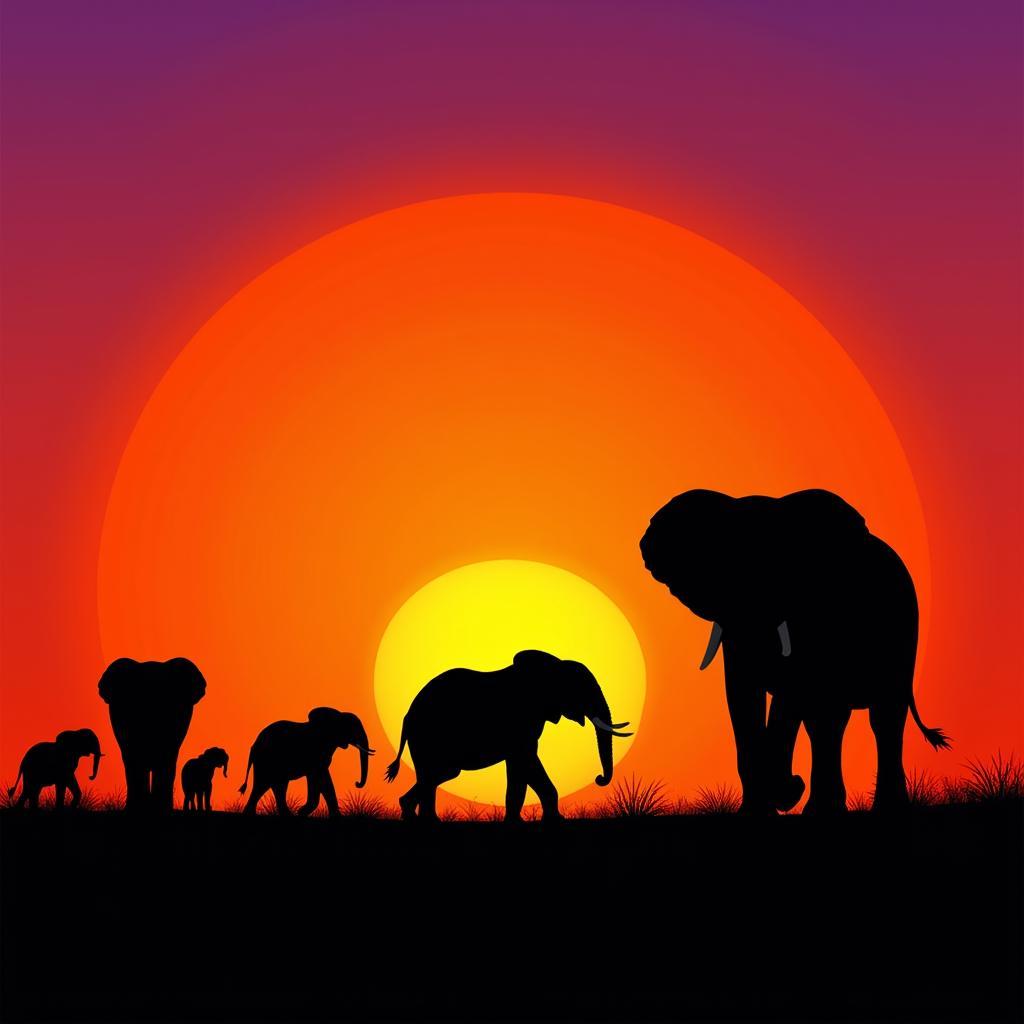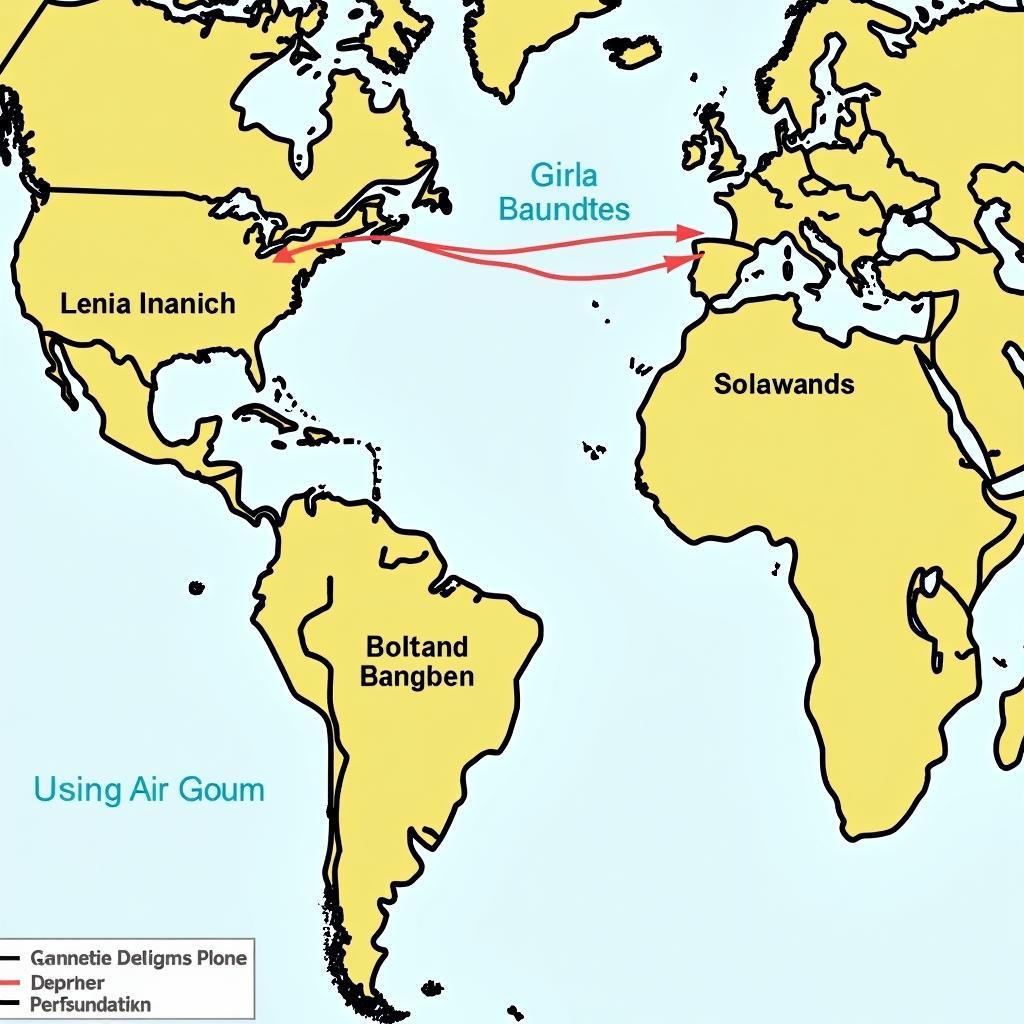A 5000 kg African Elephant: The Gentle Giants of the Savannah
The African elephant, a magnificent creature weighing up to 5000 kg, roams the savannas, forests, and woodlands of Africa. These gentle giants are the largest land animals on Earth and play a vital role in their ecosystems. Their presence and impact on the African landscape are undeniable.
The Elephant’s Majestic Presence
African elephants are iconic symbols of the continent, with their massive size, distinctive features, and intricate social structures capturing the imagination of people worldwide. The sight of a herd of elephants traversing the grasslands or bathing in a watering hole is a truly unforgettable experience.
Their massive size and impressive tusks make them a powerful presence in the African wilderness. Their trunk, a highly versatile appendage, serves multiple purposes: it can be used to drink water, trumpet, smell, and even lift objects.
An Ecosystem Engineer
African elephants are considered ecosystem engineers because they have a profound impact on their environment. They are responsible for shaping the landscape, influencing plant growth, and creating habitats for other species.
Their feeding habits help to control vegetation growth. They are known to eat vast quantities of grasses, leaves, bark, and fruits. Their grazing patterns create open areas, allowing sunlight to reach the forest floor and foster the growth of new vegetation.
The Role of the Elephant in Seed Dispersal
Elephants play a critical role in seed dispersal. They consume fruits and seeds and then deposit them in different locations through their dung. This process allows plants to colonize new areas and maintain the diversity of plant life in the ecosystem.
“The African elephant is not just a majestic creature, it’s a vital part of the intricate web of life in Africa. It’s a reminder of the delicate balance that exists in nature,” says Dr. Amara Nduati, a renowned wildlife ecologist at the University of Nairobi.
Social Structures and Family Life
African elephants are highly social animals that live in complex family units led by a matriarch. The matriarch, typically the oldest and most experienced female, guides the group’s movements, makes important decisions, and protects her young.
Communication and Bonding
Elephants communicate using a variety of methods, including vocalizations, body language, and scent marking. They have intricate social bonds within their family groups, sharing resources and nurturing their young.
“Observing the intricate social dynamics within a herd of elephants is a humbling experience,” says John Wambua, a renowned elephant researcher and photographer. “It highlights the complex intelligence and emotional depth of these amazing creatures.”
Threats and Conservation
Despite their majestic size and importance to the African ecosystem, African elephants face significant threats, including habitat loss, poaching, and human-wildlife conflict.
Poaching for Ivory
Poaching for ivory remains a major threat to elephant populations. The demand for ivory, driven by illegal trade, has led to the devastating decline of elephant numbers in many parts of Africa.
Habitat Loss and Human-Wildlife Conflict
As human populations expand, elephant habitats are increasingly fragmented and degraded. This can lead to conflict between elephants and humans as they compete for resources, often resulting in crop damage and loss of human life.
Conservation Efforts
Conservation efforts are underway to protect African elephants from these threats. These efforts include:
- Anti-poaching patrols: Protecting elephants from poachers.
- Habitat restoration: Re-establishing and protecting elephant habitats.
- Community-based conservation programs: Engaging local communities in elephant conservation efforts.
The Importance of Elephant Conservation
Protecting African elephants is crucial for maintaining the health and integrity of the African ecosystem. They play a vital role in shaping the landscape, regulating vegetation, and supporting biodiversity.
FAQ
Q: How big can an African elephant get?
A: African elephants are the largest land animals on Earth, and they can weigh up to 5000 kg.
Q: What are the main threats to African elephants?
A: The main threats to African elephants are poaching, habitat loss, and human-wildlife conflict.
Q: What can I do to help protect elephants?
A: You can support elephant conservation by donating to reputable organizations, advocating for policies that protect elephants, and avoiding products made from ivory.
Q: What is the average lifespan of an African elephant?
A: The average lifespan of an African elephant is around 60 years, but they can live up to 70 years in the wild.
Additional Resources
If you want to learn more about African elephants, we recommend visiting these resources:
- African Wildlife Foundation (AWF): https://www.awf.org/
- World Wildlife Fund (WWF): https://www.worldwildlife.org/
Call to Action
Help us protect these majestic creatures! Join our efforts to ensure the survival of the African elephant for generations to come.
Contact us today to learn more about our elephant conservation programs.
Phone: +255768904061
Email: kaka.mag@gmail.com
Address: Mbarali DC Mawindi, Kangaga, Tanzania.
We are committed to providing 24/7 support to our valued partners and supporters.

